By Duncan Fish, Executive Coach & Interpersonal Skills Expert at The Engaging Executive.
The term Mentoring is quite popular, but what does it mean to you? In my opinion, the role of a Mentor is to espouse wisdom from a position of experience. The term ‘Mentor’ is derived from the story of Homer’s Odyssey. Odysseus, King of Ithaca, had to leave his son to fight in the Trojan War, and entrusted the care of his household to a man named Mentor, who served as teacher and overseer. I have both had Mentors and been a Mentor to others in my career. It is a very rewarding process, and I have often learned as much from the Mentee as he or she has learned from me. So in this article I wanted to define, what I believe, are the top 5 gifts of an exceptional Mentor.
Sharing Wisdoms
Often I get asked, ‘What is the difference between a Coach and a Mentor’. Depending on the style of coaching in question, I would suggest that a Coach does not need to be an expert in the topic of a coaching conversation. A Coach’s role is to use thought provoking questions and structure to enable someone to come to his or her own conclusions. Whereas a Coach will not usually give ideas or suggestions, a Mentor is expected to do this.
I currently have a Mentor, named David. This man is several stages more advanced in his business thinking than I currently, and has wisdoms well beyond mine. In fact, I chose this man to be my Mentor as he works in a similar style of business to mine and has traveled the same road. What are currently hurdles and challenges for me, are things he has already overcome. So the first gift of an exceptional Mentor is ability to pre-empt future roadblocks and help you circumnavigate them.
Challenging Limiting Beliefs
I see my life in two halves: before I met John and after I met John. John was the man who became my Mentor when I was 25 years old. Having not done very well at school, I was still carrying a lot of baggage and believing I was an academic idiot. As I had not gone to university at that point in time, I used to feel intimidated by anyone who had a university degree.
One day John took me to one side and had a conversation which changed the entire course of my life. He could see I was passionate about helping people, and he could see something in me that I couldn’t see in myself. One day he said, ‘Duncan, you would make a great Psychologist’. I replied, ‘I can’t, John. That would mean going to university and I am too old, too dumb, too poor and too scared’. However, John was an exceptional Mentor and he could see that I was being held back by my limiting beliefs. So he challenged me on all of these issues; he challenged me until I started to think differently. One by one he questioned my beliefs and probed and disentangled the story I had been telling myself all those years. That challenging my beliefs about myself gave me the impetus to go to university, become a Psychologist, start my own business and go on to become an Author. The second gift of an exceptional Mentor is to enable a winning mindset.

Opening Doors
Another role of a Mentor is to create networks for the Mentee. It can be hard work for Mentees to get access to the people they need to advance their careers. In a world of email and geographical dispersed teams, you can’t always just ‘bump into’ the people you need. Although this is a rule of thumb, a Mentor is normally at least two levels above the Mentee. As such, a Mentor is normally well connected due to his or her more strategic role. That often means operating beyond his or her own silo and forming relationships more broadly. Whilst we like to believe, and should, in meritocracy, if you can’t get on board with the fact that having the right connections help, you are missing 50% of the equation. So the third gift of an exceptional Mentor is to open doors and enable connections.
Being Impartial
With the role of a Mentor comes great responsibility. It can be easy to get wrapped up in the role of being the ‘wise sage’ and living your life vicariously through the Mentee. However, you always need to remember, it is not your life and you are not the one who has to live with the consequences.
A Mentor always needs to appreciate that they are an outsider in the scenario. As such, they may only ever hear one side of the situation – that of the Mentee. Part of the role of the Mentor is to question this version of the truth to ensure that the Mentee is thinking from a number of perspectives. It can be dangerous for a Mentor to take sides. In fact, it could put them at odds with the Mentee’s own manager, especially if the Mentor and manager both work in the same organization. Hence, the fourth gift of an exceptional Mentor is to be objective and not take sides.
Goal Setting and Follow Up
When becoming a Mentor it is important to have an objective of the sessions. One of my personal gripes is seeing Mentoring sessions turn into coffee catch ups that go nowhere and then fizzle out. I have helped several organisations to set up formal Mentoring schemes and the ones that work are nearly always the ones that adopt a goal setting philosophy.
I always advise that the first session is a planning session, and that there should be an agreed number of sessions that the Mentor and Mentee contract to keep. This can be revised on an ongoing basis. In the same way as coaching, the Mentee should be required to set goals for between the sessions and to be accountable for completing the tasks agreed with the Mentor. The Mentors role is to help refine these goals, based on their wisdom, but not to set them absolutely. After all, they are a Mentor not a Manager. Saying that, the Mentor needs to ‘keep the Mentee honest’ and ensure they follow through on the agreed goals. So the fifth gift of a Mentor is goal setting and accountability.
 Duncan will also be speaking at the Canberra Masterclass event ‘Decoding Leadership: From Specialist to Leader’ on the 15th September 2017.
Duncan will also be speaking at the Canberra Masterclass event ‘Decoding Leadership: From Specialist to Leader’ on the 15th September 2017.
Book Now to hear more from Duncan and many other professionals from the Canberra area at this full day interactive event.
Be quick! Early bird pricing is available until Friday 18th August 2017.

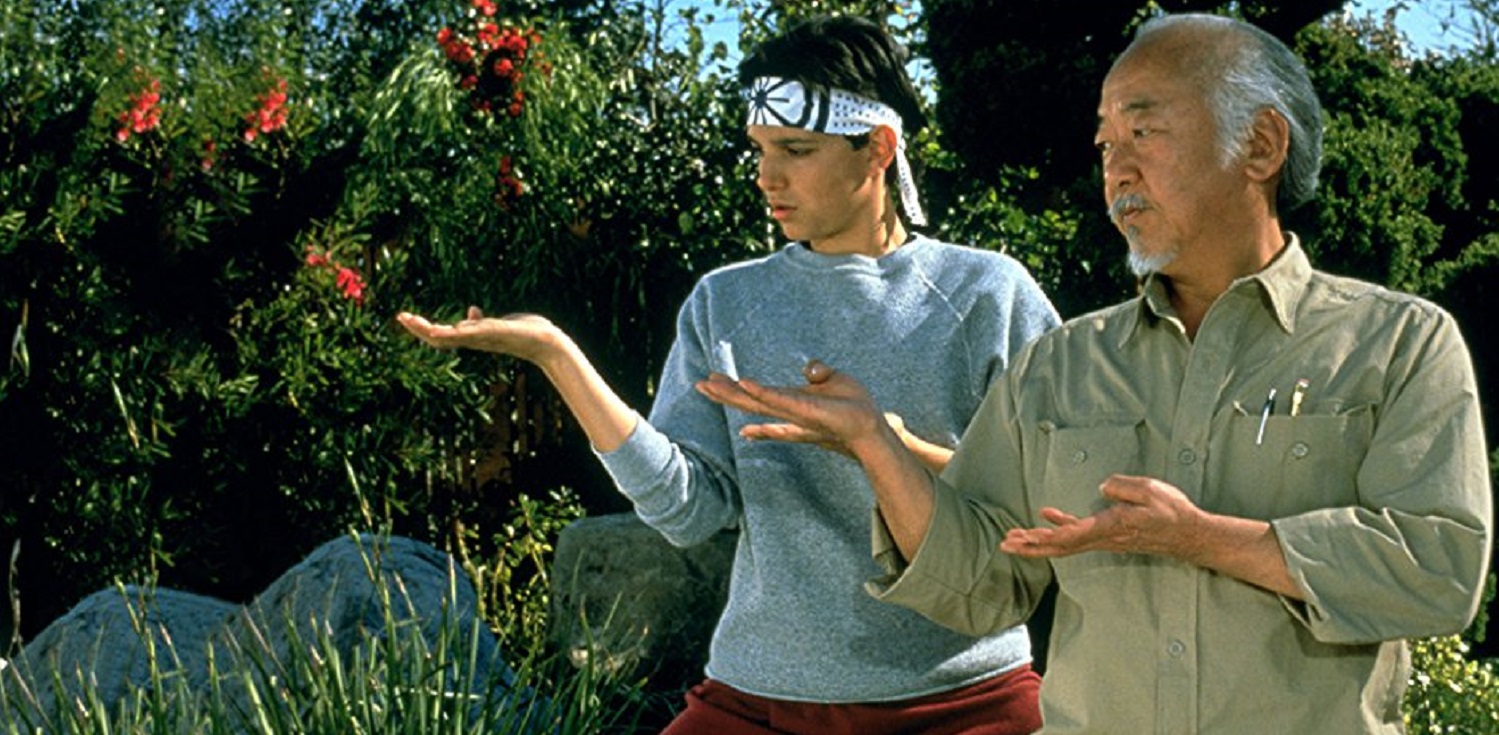






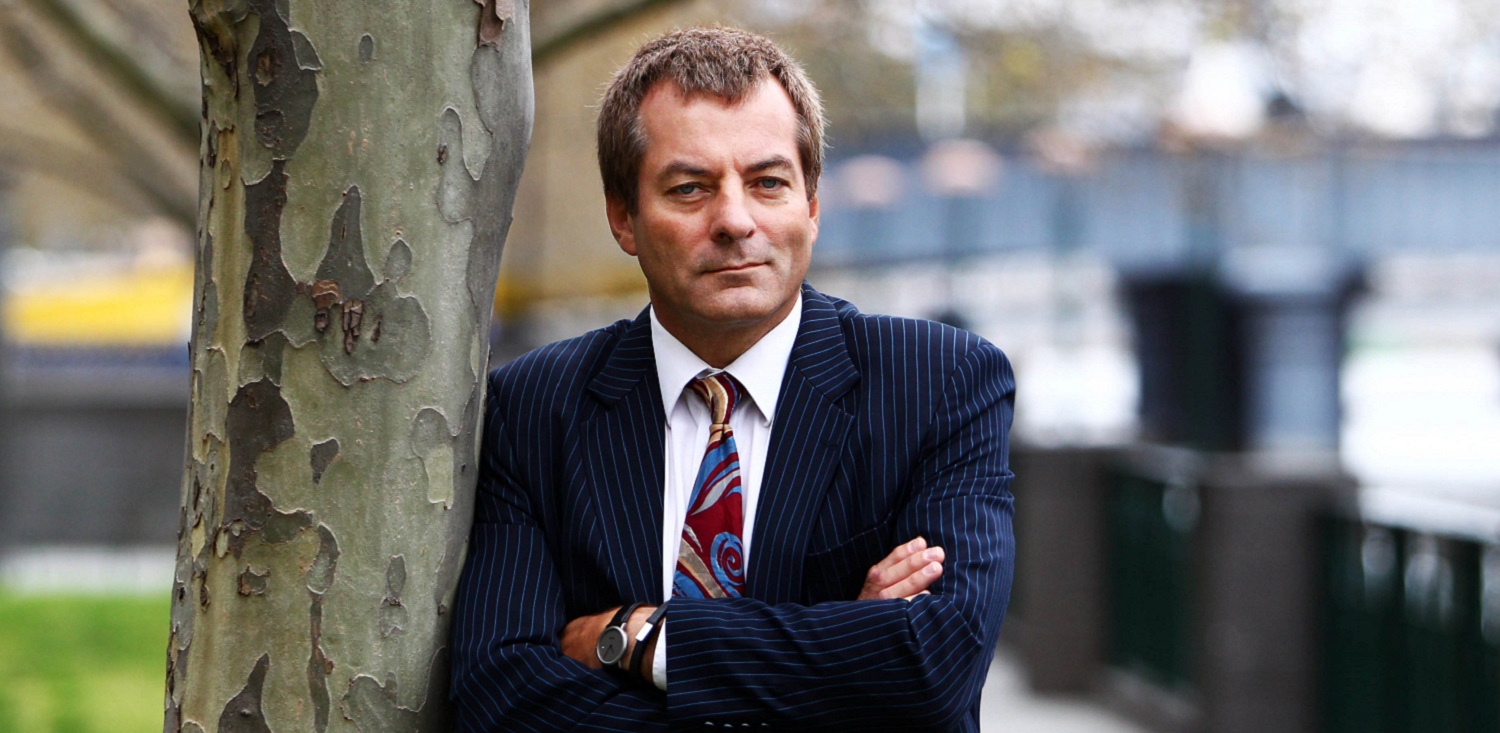

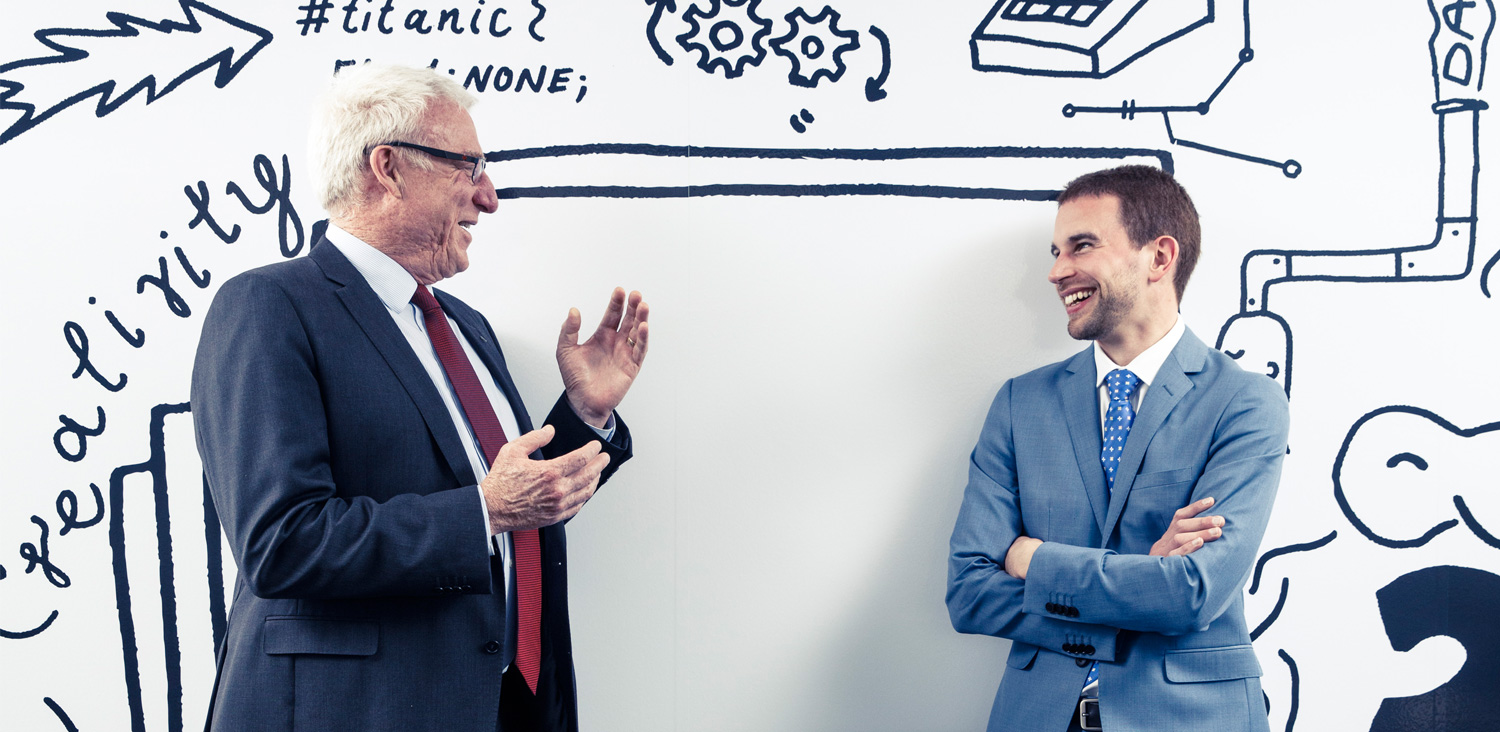

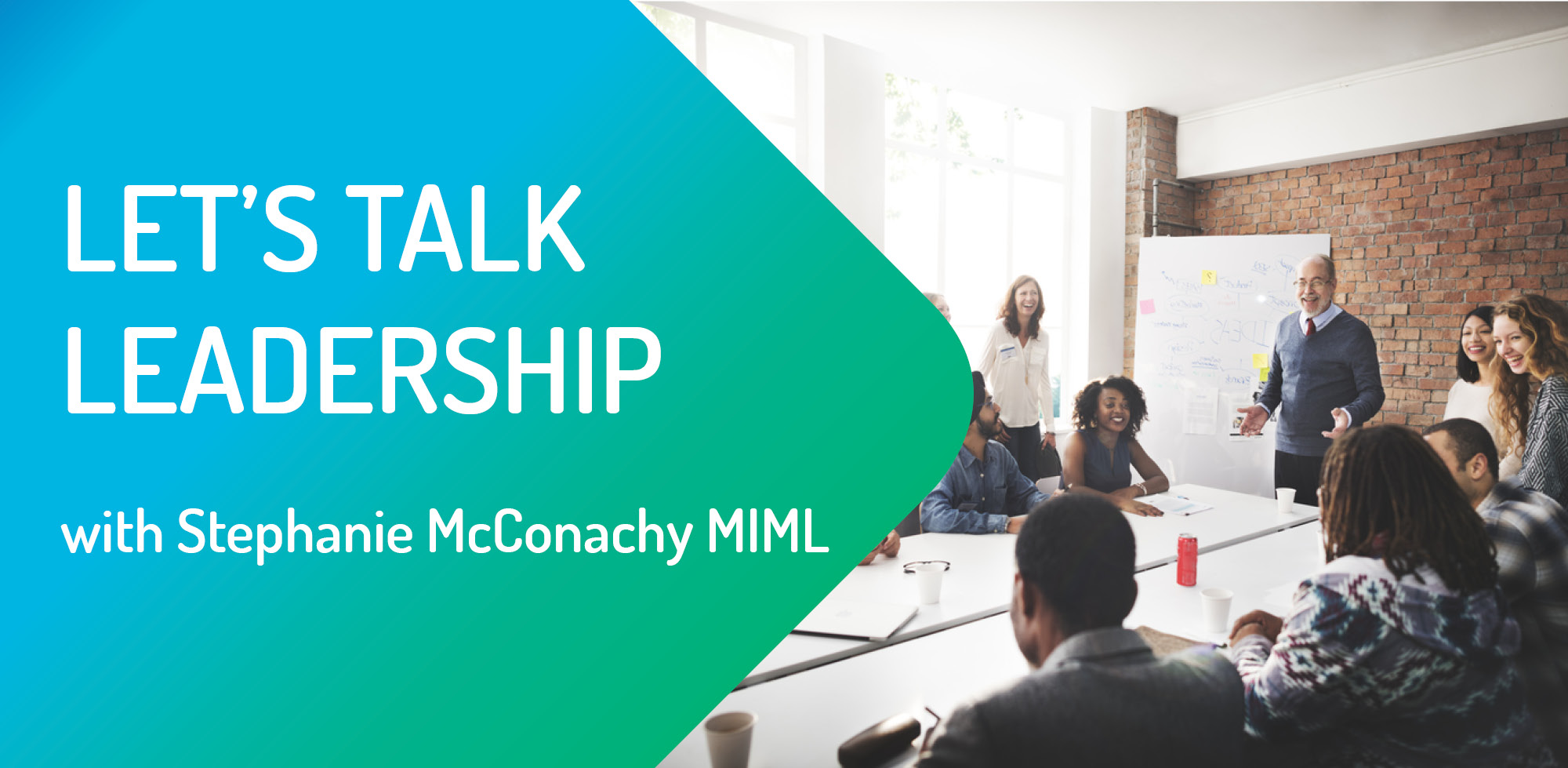

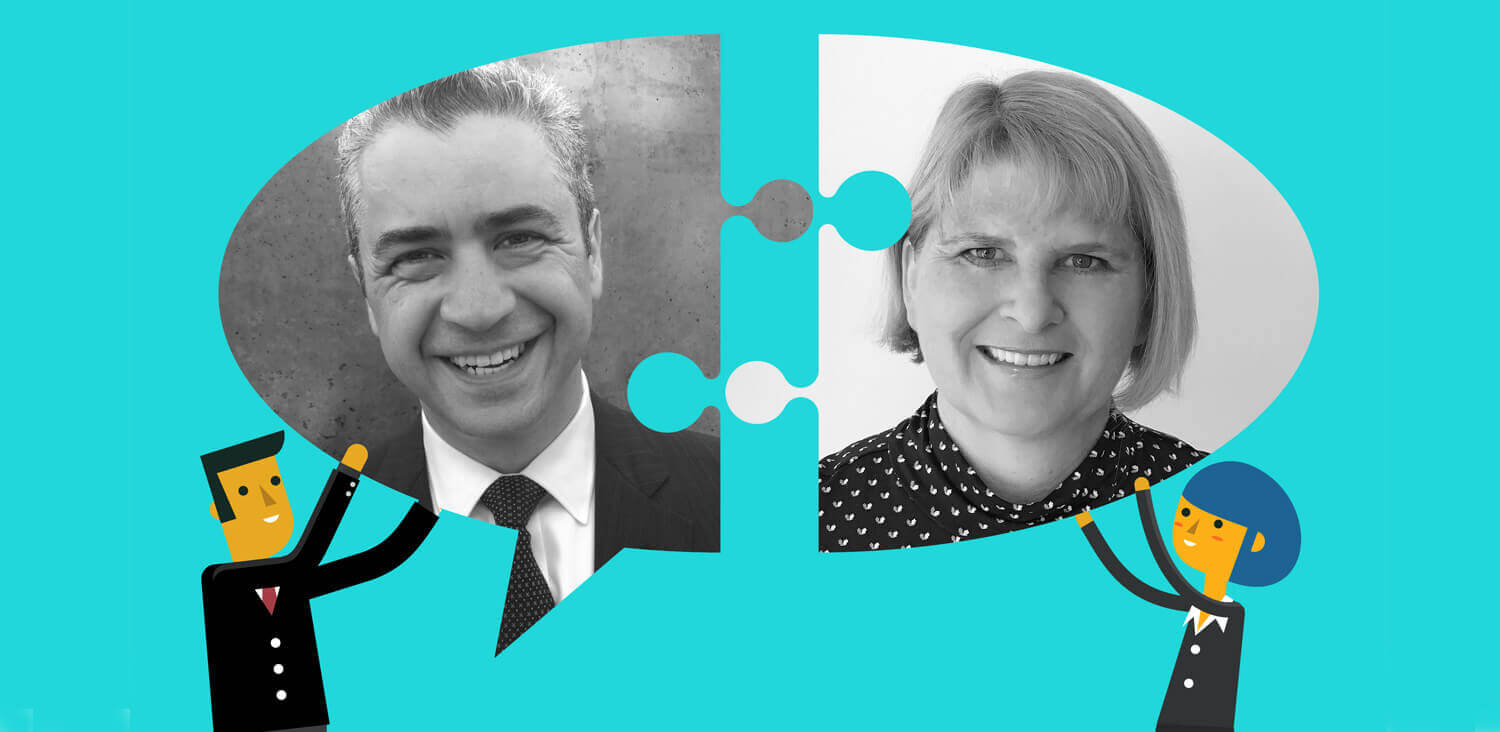
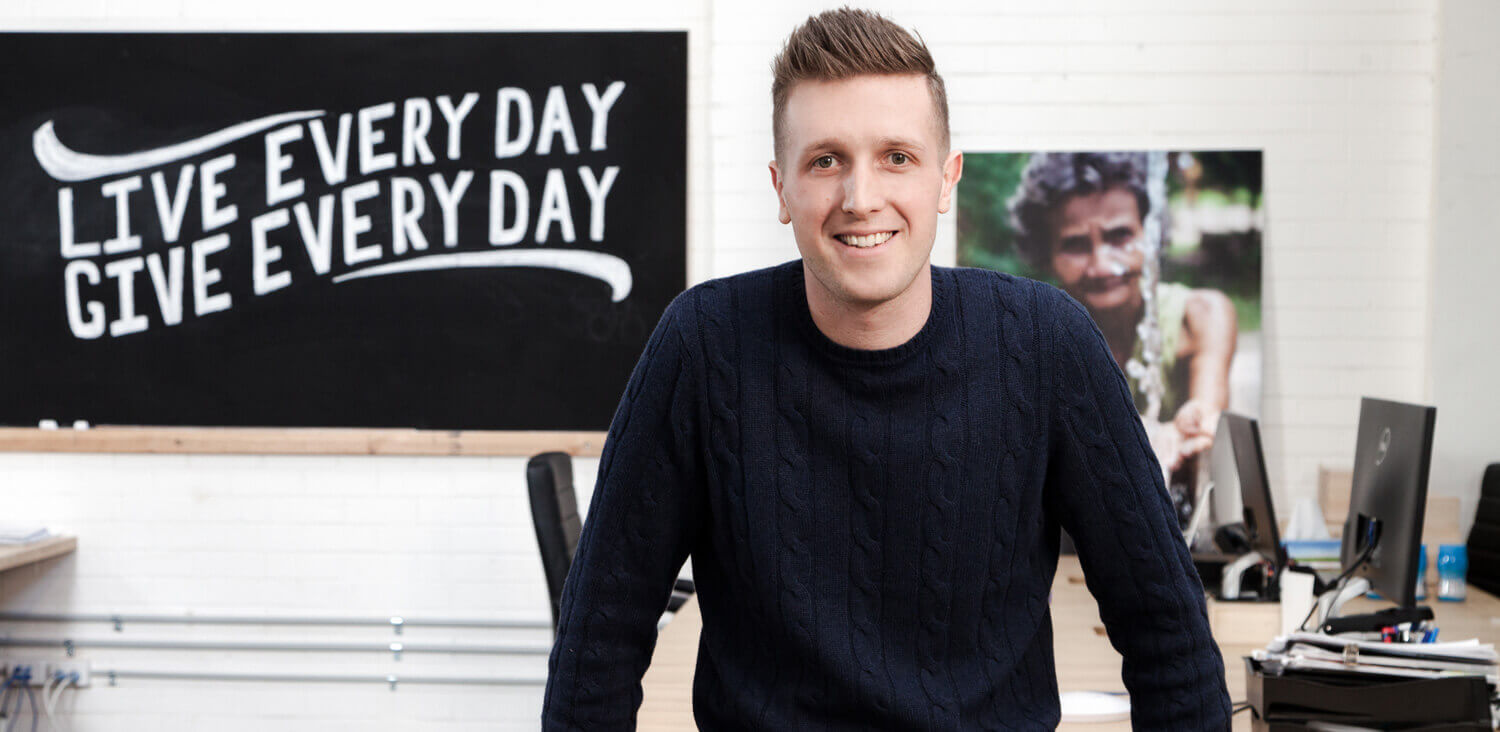


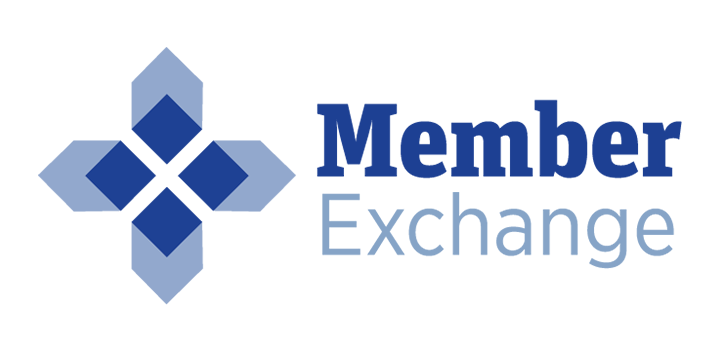
 Marion King FIML
Marion King FIML